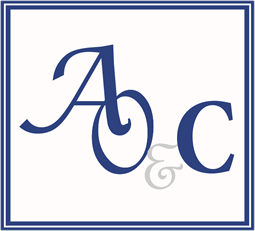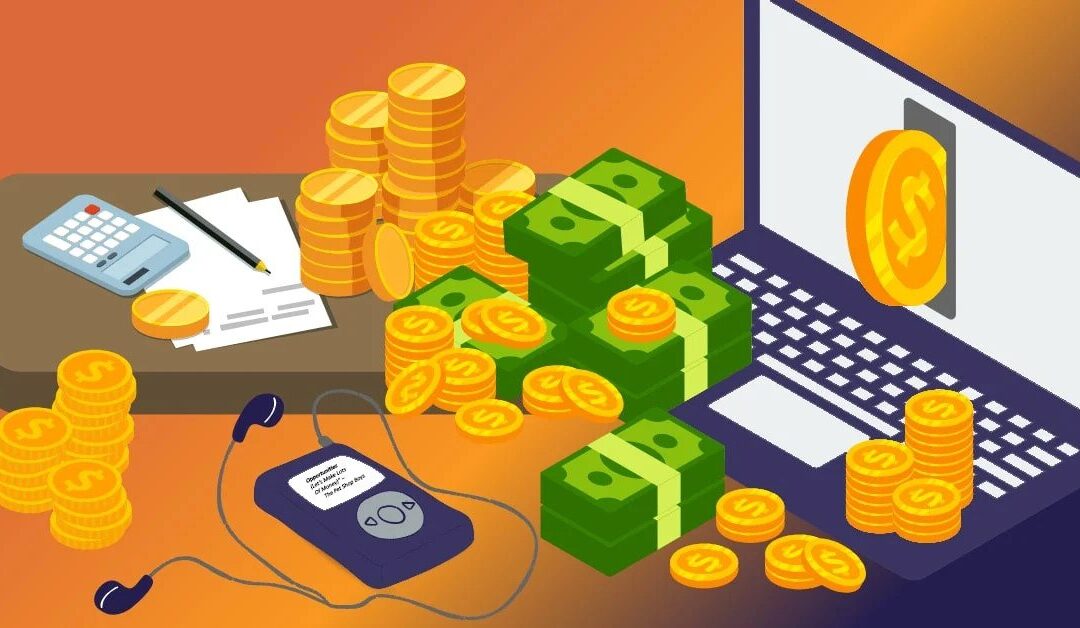INTRODUCTION
It is no longer news that musical talents have found ways to make profits off their art by the use of streaming applications such as Spotify, Apple Music, Youtube Music e.t.c. which in turn pays them based on the number of streams their songs can gather on such streaming platform.
However what numerous musical talents especially young aspiring ones are not aware of or are completely oblivious to is the true meaning of royalties, the types, the rights which accrue to them as specified by the law in regards to royalties, and the bodies responsible for the collection and distribution of royalties, which in turn leaves them vulnerable to being denied of the rights to enjoy the fruits of their creativity.
To understand what royalties are we must also know the basics and a definition of a few terms which will further shed more light on the definition of royalties. Words like Intellectual Property, Copyrights, and License.
INTELLECTUAL PROPERTY
Intellectual Properties are properties that include intangible creations of the artist or creator’s intellect. They are creations of the mind, such as artistic works, designs, symbols, and music. They are assets that are not physical in nature by the mode of their creation. It is owned and legally protected by a company or individual from outside use or implementation without consent.[1]
COPYRIGHTS
Copyright is simply the exclusive right granted to the originator or initial creator of a creative work to reproduce that work for a limited period.[2]
LICENSE
A License is a permission given to a person (licensee) other than the creator of the Intellectual Property to exercise his/her rights in the property.[3] But before we go into the rights of artists regarding the issue of music royalties we must first of all know what the word royalty means by giving an extensive and elaborate definition.
ROYALTIES
Royalties are payments made to right holders encompassing the recording artists, songwriters, producers, record labels, e.t.c. for the legitimate utilization of their intellectual property by way of securing a license for the use of such intellectual property or work. They are payments of a percentage of the revenue made by the licensee on the intellectual property created by the licensor for the duration of the license and are paid regularly be it monthly, quarterly, or annually. In other words, they are payments generated from the usage of musical artist’s songs which means when a song is either played, performed, or streamed the song’s right owner receives payments.
All royalties are dependent on the type of copyright it is associated with, with every song belonging to two different types of copyright
- Master Rights
- Publishing Rights
Master rights are rights that cover the original sound recording these rights usually accrue to recording artists and record labels who mix and master songs while Publishing rights are rights that cover the melody, lyrics, and composition of a song that belong to the songwriters, lyricists, and publishers.
Types of royalties
There are 4 different kinds of musical royalties which are listed below.
- Performance Royalties
- Mechanical Royalties
- Sync Royalties
- Print Music Royalties.
- PERFORMANCE ROYALTIES:
They are the royalties generated whenever a song is publicly performed, that is, songs broadcasted on the radio, and played in bars, restaurants, and clubs, especially nightclubs. In other words, they are royalties that are gotten as a result of the use of one’s song for a public performance despite the absence of the real originator of the song or songs being played. Simply put they are fees that music clients (radio stations) pay when copyrighted music is performed publicly. They are paid to the songwriters and their publishers in exchange for the right to publicly broadcast or perform copyrighted music publicly.[4] These types of royalties are usually collected and paid to songwriters and publishers by the Performance Rights Organization (PRO).[5]
- MECHANICAL ROYALTIES
These are royalties generated every time music is reproduced digitally by online streaming or downloading such music. In other words, they are royalties paid per song downloaded, streamed, or sold. The implication of this is that streaming platforms, by way of an algorithm, pay musical artists royalties based on the number of streams, and downloads their music can gather over a specific period. They are designed as compensation to songwriters for the reproduction of their music.[6] Sometimes mechanical royalties and performance royalties can go hand in hand. An example of, paying musical artists royalties based on the number of streams and downloads their music can gather over a specific period is Apple Music. Mechanical royalties are owed to the writers (counting the lyricists) and distributor of a melodic work each time a tune is sold (half for the composer and half for the distributor). In Nigeria, the Copyright Society of Nigeria (COSON) and the Nigerian Copyright Commission (NCC) direct the assortment and dissemination of mechanical eminences. These eminences are produced from the offer of actual duplicates of music, computerized downloads, and spilling on stages like Spotify, Macintosh Music, and YouTube.
- SYNC ROYALTIES
Sync Royalties are expenses paid for the utilization of protected music in varying media creations, for example, DVD Network shows motion pictures and ads. They are instalments made to melodic freedoms holders for the utilization of their music in other varying media work, regularly video content. In other words, they are royalties paid to artists whose works are used for commercials, Cinematic movies, Advertisement Jingles, etc. They are a one-time upfront fee known as a sync license fee. In other words, they are dues paid as a result of the use of songs, and musical compositions for Advertisement videos and Movie soundtracks. In Nigeria, associations like COSON and MCSN also handle synchronization royalties’ collection and dissemination. artists and composers get instalment when their music is utilized in synchronization with visual substance, and the sum is usually negotiated through licensing arrangements.
- PRINT MUSIC ROYALTIES
These are royalties generally paid directly to the publisher and will vary depending on the usage type and whether it’s a physical or digital reproduction.[7] They are royalties collected for the sale of printed sheet music, including notation and lyrics, separately or all together.[8] In other words, they are royalties that apply to songwriters who release sheet music.
ROYALTY COLLECTING BODIES IN NIGERIA.
Section 39 of the Nigeria Copyright Act, Cap C24, Laws of Federation of Nigeria, accommodates the foundation of a gathering society to address the interest of artists and gather sovereignties for their sake. There were two collecting societies in Nigeria: the Copyright Society of Nigeria (COSON) and the Musical Copyright Society of Nigeria (MCSN). Both collecting societies were properly authorized by the NCC about 10 years prior, to work and collect royalties for the benefit of their individuals.
MUSICAL COPYRIGHT SOCIETY NIGERIA (MCSN).
Mechanical royalties are gathered and circulated in Nigeria by the Musical Copyright Society Nigeria (MCSN). The Musical Copyright Society Nigeria (MCSN) is a collective management organization (CMO) that operates in Nigeria. It is one of the organizations responsible for the collection and distribution of royalties on behalf of musicians, composers, and other rights holders in the Nigerian music industry. If you’re a writer or lyricist, joining the MCSN can assist you with ensuring you get any mechanical royalties attributable to you.
THE COPYRIGHT SOCIETY OF NIGERIA (COSON)
The Copyright Society of Nigeria (COSON) is also another collective management organization (CMO) that operates in Nigeria. It was established in 2010 and is recognized by the Nigerian Copyright Commission (NCC) as one of the CMOs for musical works and sound recordings in Nigeria. COSON’s basic role is to safeguard the freedoms of music creators, such as artists, composers, songwriters, and music distributors, and guarantee they get fair remuneration for the utilization of their protected works. It is one of the primary organizations responsible for the collective administration of copyright and the collection and distribution of royalties in the Nigerian music industry.
CONCLUSION
Musical royalties are essential in supporting Nigerian artists and are esteemed and compensated to guarantee their imaginative commitments. Performance royalties, mechanical royalties, and synchronization royalties structure the monetary system supporting the Nigerian music industry. As the music scene keeps on developing with headways in innovation and new stages, specialists and partners must comprehend the complexities of these royalty types and effectively partake in the aggregate administration associations liable for their collection and dissemination.
[1] Investopedia.com
[2] S.E.T Guide series Entertainment Law p
[3] S.E.T Guide series Entertainment Law p71
[4] S.E.T Guide series Entertainment Law p75
[5] Ibid
[6] Ibid
[7] https://www.songtrust.com
[8] Ibid
Photo Credit: rotalty.io

